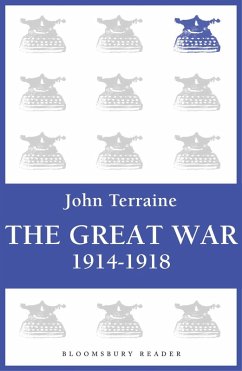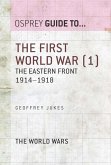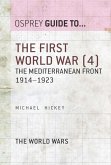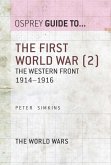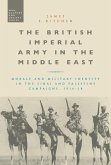It did not need a Fort Sumter cannonade to set the world in flames in 1914, only the pistol shots of an assassin.
The Great War 1914-1918, written by one of the leading military historians of his time, John Terrain, thoroughly examines the political, economical and social triggers which led to the eruption of WWI, as well as the progression of the war itself through various campaigns and battles which resulted in the final victory of the Entente Powers. The Great War 1914-1918, first published in 1965, is a brilliant and comprehensive narrative and stands as an authoritative record in its own right.
The Great War 1914-1918, written by one of the leading military historians of his time, John Terrain, thoroughly examines the political, economical and social triggers which led to the eruption of WWI, as well as the progression of the war itself through various campaigns and battles which resulted in the final victory of the Entente Powers. The Great War 1914-1918, first published in 1965, is a brilliant and comprehensive narrative and stands as an authoritative record in its own right.

